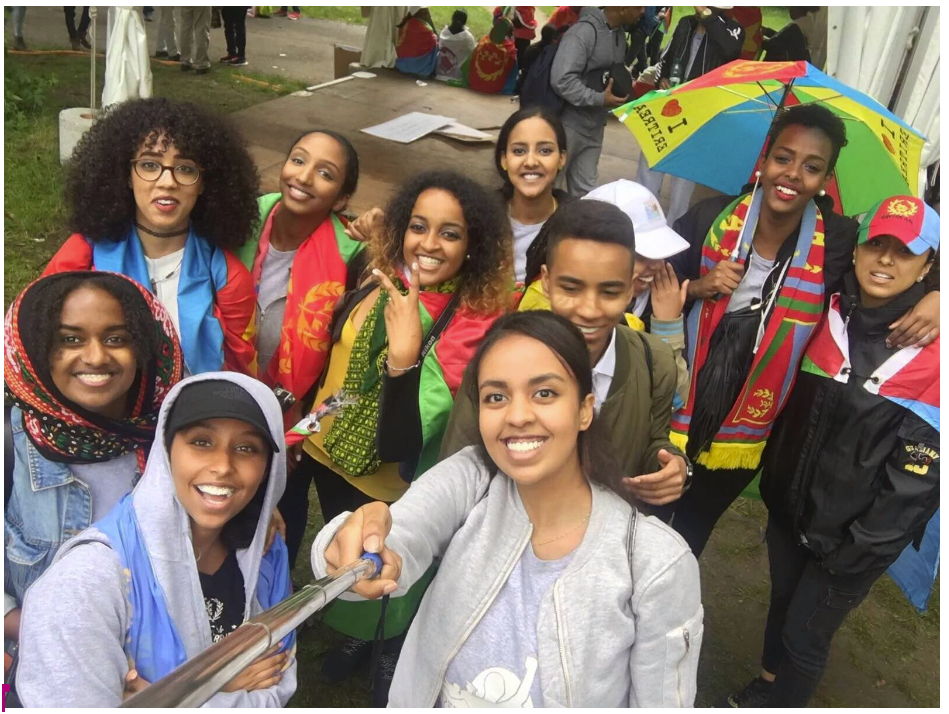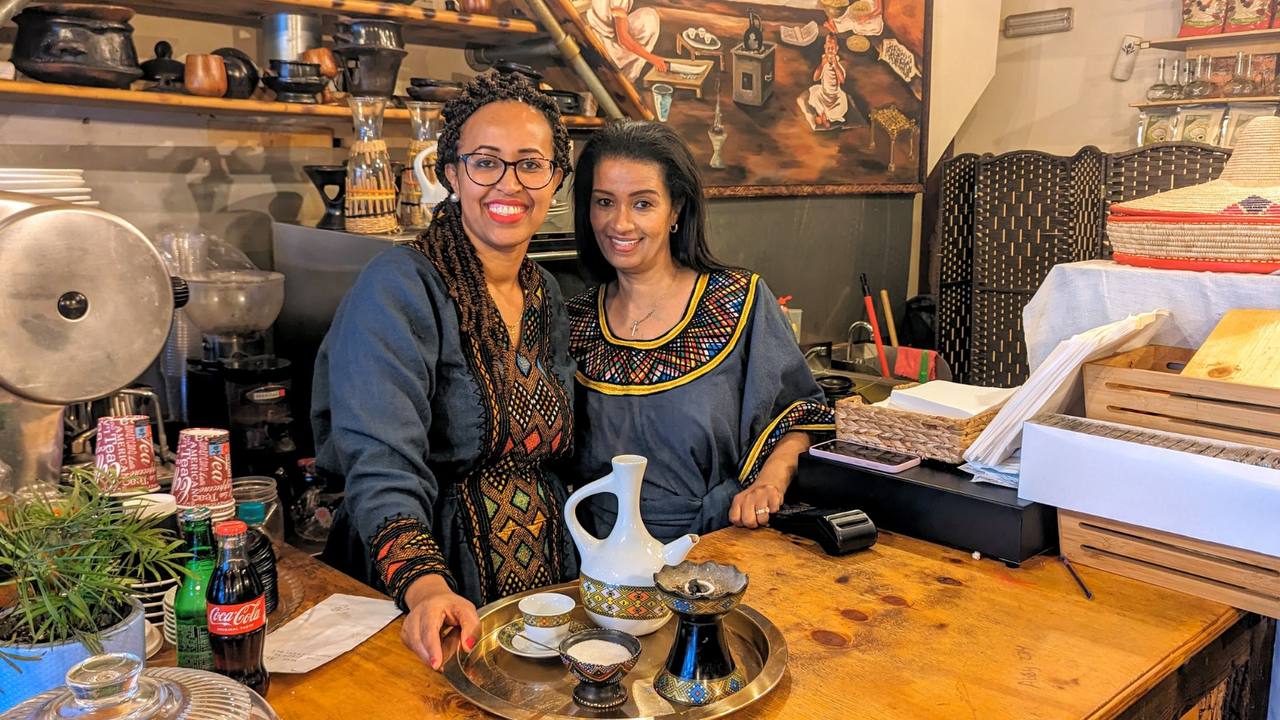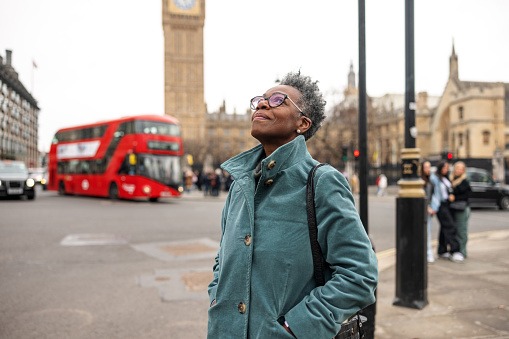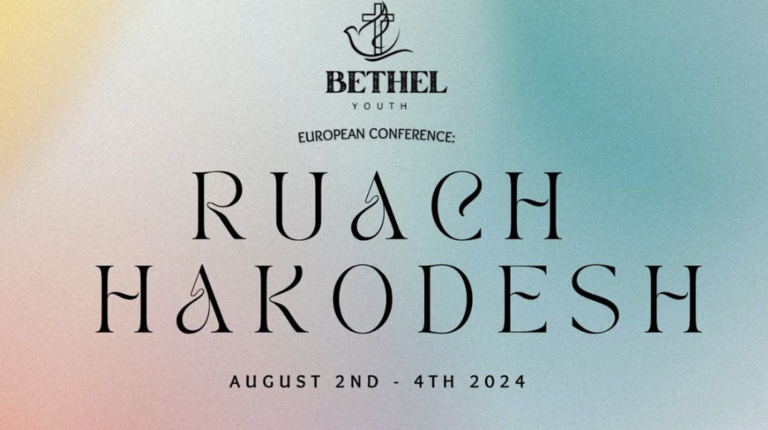Growing up as a second-generation Eritrean in the UK presents a unique blend of challenges and opportunities. It’s a life lived between two worlds: the rich cultural heritage of Eritrea and the diverse, modern environment of Britain. For many young Eritreans born or raised in the UK, finding a balance between these two identities can be both rewarding and difficult.
In this article, we reflect on the experiences of second-generation Eritreans, drawing from personal stories and interviews to explore how they navigate life in the UK while staying connected to their Eritrean roots.
The Dual Identity: British and Eritrean
For many second-generation Eritreans, their upbringing involves a continuous negotiation between two cultures. At home, Eritrean traditions, values, and language are deeply ingrained. Parents often strive to preserve their heritage, passing on cultural practices, speaking their native languages like Tigrinya or Arabic, and teaching their children about Eritrean history and customs. Traditional foods, religious practices, and Eritrean social values are a constant presence in daily life.
But outside of the home, these second-generation Eritreans are immersed in British culture. From attending British schools, engaging with peers of different backgrounds, to consuming British media, they are often exposed to a very different world. These young Eritreans often experience a push-and-pull effect—while they are expected to uphold Eritrean customs at home, they simultaneously navigate life in a modern, fast-paced, multicultural British society.
This dual identity can sometimes create tension, especially during childhood and adolescence. One second-generation Eritrean, Helen, now in her late 20s, reflects:
“Growing up, I felt like I had two separate lives. At home, I was expected to act a certain way, speak a certain language, and follow all the customs my parents grew up with. But at school, I was just like any other British kid. It was sometimes hard to juggle both, and I often felt I wasn’t fully accepted in either world.”
Helen’s experience is common among many second-generation Eritreans. They must navigate a delicate balance between respecting their family’s traditions and embracing their British identity. For many, this balancing act can lead to an inner conflict about where they truly belong.
Cultural Pride and Heritage
Despite the challenges, many second-generation Eritreans express a deep sense of pride in their Eritrean heritage. The Eritrean community in the UK is known for its strong sense of solidarity, and cultural pride is often passed down through generations. For many young Eritreans, this pride stems from the stories they’ve heard from their parents about Eritrea’s long struggle for independence, the resilience of the people, and the beauty of their homeland’s culture and traditions.
Attending Eritrean cultural festivals, church events, and family gatherings provides second-generation Eritreans with a space to connect with their roots. They celebrate important holidays such as Eritrean Independence Day and religious festivals like Fasika (Easter) or Kudus Yohannes (St. John’s Day). These events are often filled with traditional music, dances, food, and conversations in native languages. Such gatherings allow them to stay in touch with Eritrean culture while fostering a sense of belonging within the community.
Many second-generation Eritreans also take pride in wearing traditional clothing for special occasions, such as the zuria (a traditional dress) or wearing kidan (traditional accessories) for weddings and cultural events. These traditions help young Eritreans maintain a strong link to their ancestral heritage, despite living far from Eritrea.
The Pressure of Expectations
One of the most challenging aspects of being a second-generation Eritrean is managing the expectations of their parents. Many Eritrean parents migrated to the UK in search of a better life and often have high hopes for their children. These expectations can range from academic success to maintaining strong ties with Eritrean culture and traditions.
For some, there’s a pressure to adhere to cultural norms around family and gender roles. Eritrean parents might expect their children to marry within the community or follow traditional career paths such as becoming doctors or engineers. Many second-generation Eritreans, however, seek to forge their own paths, which can sometimes lead to conflicts or misunderstandings.
“My parents made huge sacrifices to come to the UK, and I know they have high hopes for me,” says Yohannes, a 23-year-old second-generation Eritrean. “They want me to do well in school, get a good job, and not forget where I come from. But it’s tough because I want to pursue a creative career, and sometimes I feel like they don’t understand that.”
This struggle between fulfilling parental expectations and pursuing one’s own passions is a common theme among second-generation Eritreans. Many feel the weight of their parents’ sacrifices and cultural values while also wanting to carve out their own identity in a country where opportunities and lifestyles may be vastly different from what their parents experienced.
Maintaining Language and Religion
Language and religion are two important pillars of Eritrean identity that many second-generation Eritreans feel compelled to maintain. At home, parents often speak in Tigrinya or Arabic, and young Eritreans are encouraged to learn and communicate in their native tongue. However, maintaining fluency can be difficult, especially as English dominates their daily interactions outside the home.
For many, the Eritrean Orthodox Church plays a central role in preserving both language and cultural traditions. Attending church services, learning traditional prayers, and participating in religious festivals provide a strong connection to Eritrean culture. The church is also a place where second-generation Eritreans can engage with the broader Eritrean community, forming friendships with others who share similar experiences of navigating life between two worlds.
Bridging Two Cultures: The Best of Both Worlds
Despite the challenges, many second-generation Eritreans find that their dual identity offers them a unique perspective on life. Being both Eritrean and British allows them to draw from the strengths of both cultures. They can embrace Eritrean values of community, family, and resilience while also taking advantage of the freedoms and opportunities available in the UK.
Sara, a second-generation Eritrean in her mid-30s, reflects on how she’s come to appreciate her dual identity:
“I used to struggle a lot with feeling like I had to choose between being Eritrean and British. But now, I see it as an advantage. I get to enjoy the best of both worlds. I’m proud of my Eritrean heritage and culture, and at the same time, I’m grateful for the opportunities I’ve had growing up in the UK.”
For many, this ability to bridge two cultures becomes a source of pride and strength. They develop the skills to navigate different environments, connect with people from various backgrounds, and take on leadership roles within both the Eritrean and British communities.
Life as a second-generation Eritrean in the UK is a journey of identity, culture, and self-discovery. While it comes with its challenges—navigating parental expectations, balancing cultural values, and finding a sense of belonging—many young Eritreans find pride and strength in their dual identity. They are not just the products of two cultures, but ambassadors of both, carrying forward Eritrean traditions while embracing the modern world around them.
For future generations of Eritreans growing up in the UK, this journey will continue to evolve, shaped by their personal experiences, their connection to their heritage, and their ability to thrive in a multicultural society. Through it all, their story remains one of resilience, adaptation, and cultural pride.





